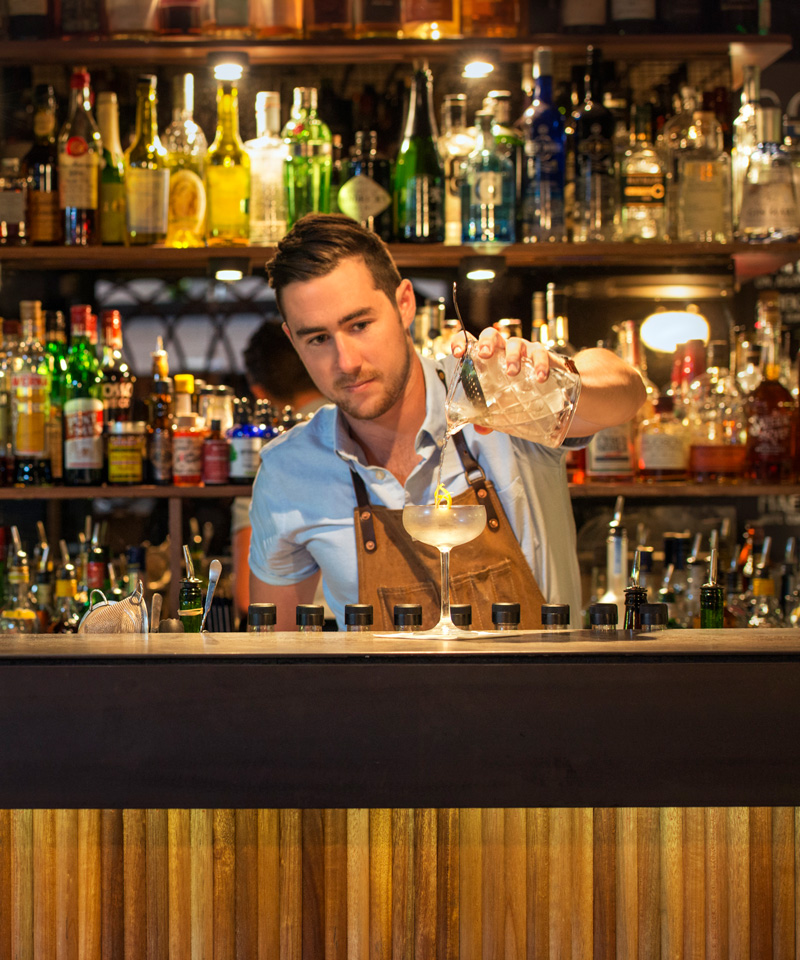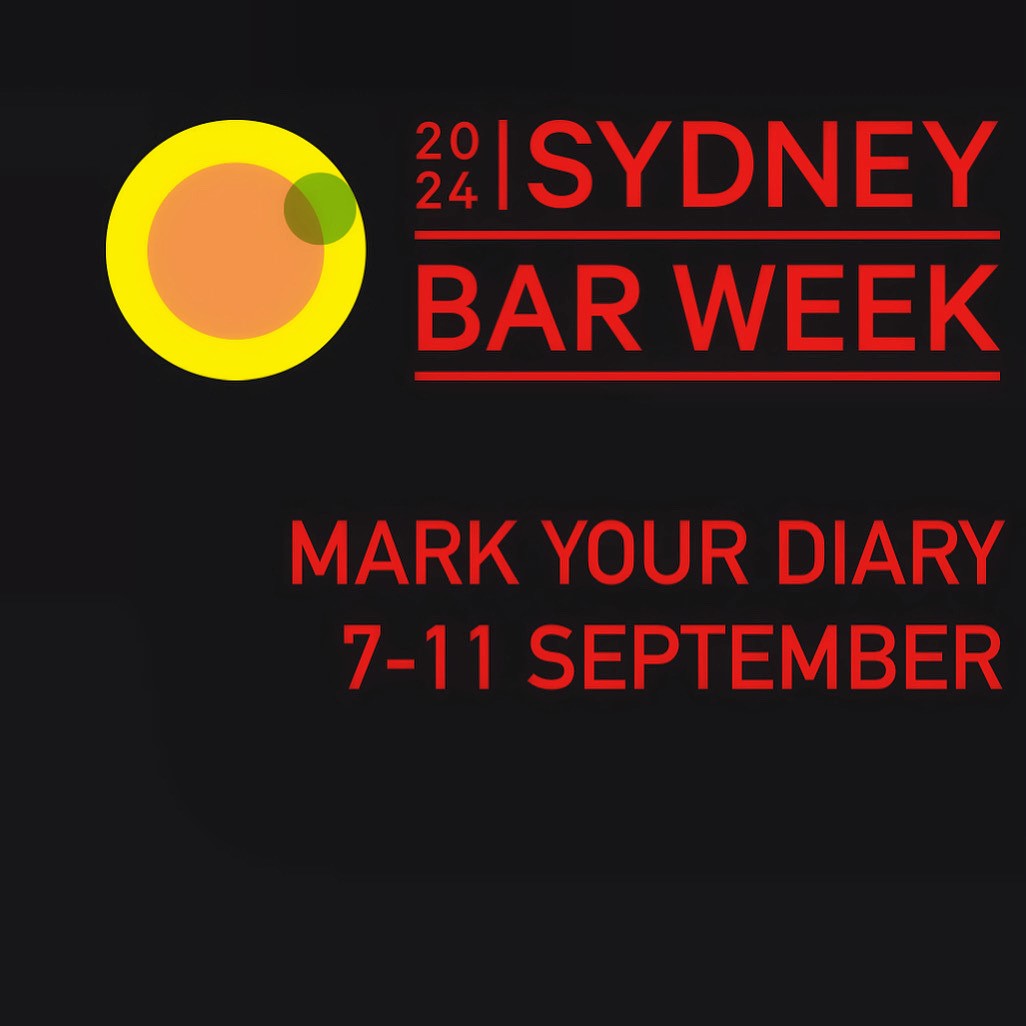
Sustainable and zero-waste bartending is having a moment right now. It’s all about techniques and a way of thinking that makes the most out of the ingredients you use, the way your bar is set up, how you treat your guests and yourselves, and what kind of effect you have on the environment.
Needless to say, it’s a big topic and can be difficult to navigate. So we’ve asked Adelaide bartender Ollie Margan (who runs Maybe Mae and is executing the drinks program for that city’s new restaurant, Shobosho) for his advice on how bartenders can embrace zero-waste bartending.
Margan grew up on a farm in rural NSW (his father, Andrew Margan, makes some excellent Hunter Valley wine), and he tells us that “the whole use of seasonal produce, recycling where possible, maximum utilisation of ingredients is kind of second nature to me – and my folks have been championing that philosophy at their restaurant, Margan, for about 10 years.”
But for Margan, it’s not just about the green impact of the approach, but about making delicious drinks — an approach that will apply at Shobosho.
“If reducing our environmental impact is something that is now fashionable, then I have no issues with that whatsoever,” he says. “For me though, it is about finding ways to strengthen our drinks program through more economical and ethical means, and with this new venue, I am able to do that more easily.”
The additional venue means that Margan can step up his sustainable game.
“Take a pineapple for example. I can make three different drinks from three different parts of that pineapple that will all taste good,” he says. “I can’t, however, list three drinks out of a 12 drink cocktail list containing pineapple.”
That’s where the new venue comes in.
“With the restaurant and bar on Leigh St, I can juice the pineapples for syrup [at Maybe Mae]; ferment the remaining pulp for vinegar (used in the restaurant); [and] dehydrate the skin to macerate in whisky (used in the restaurant bar).
“This won’t be possible with all waste,” he says, “and at no point will we compromise the drink quality for the sake of less disposal.”
So how can you get started implementing zero-waste bartending techniques into your bar? Below, Margan gives us his four top tips to get you started.
Ollie Margan’s four tips to get started with zero-waste bartending
1. Read – Cookbooks, biology textbooks, gardening books, flavour science books. This will open your eyes to potential applications for all manner of ingredients as well as providing an understanding of seasons and how produce varies within them.
2. Taste – Notice the differences and build an internal flavour encyclopaedia of ingredients as a whole. Taste the root of coriander, compared to the stem, compared to the leaf, compared to the seed. When it comes to constructing imaginative drinks you will have more to draw from.
3. Source – Locate and work with your producers. Ingredients in season that have travelled minimal distance taste better and cost less. Fact. Using ’season produce’ isn’t being ‘hip’ or ‘trendy’ – it is being smart.
4. Talk to your neighbours – One man’s trash is another’s treasure. Try and utilise potential waste from neighbouring businesses to minimise yours (egg whites in restaurants is a great one).


